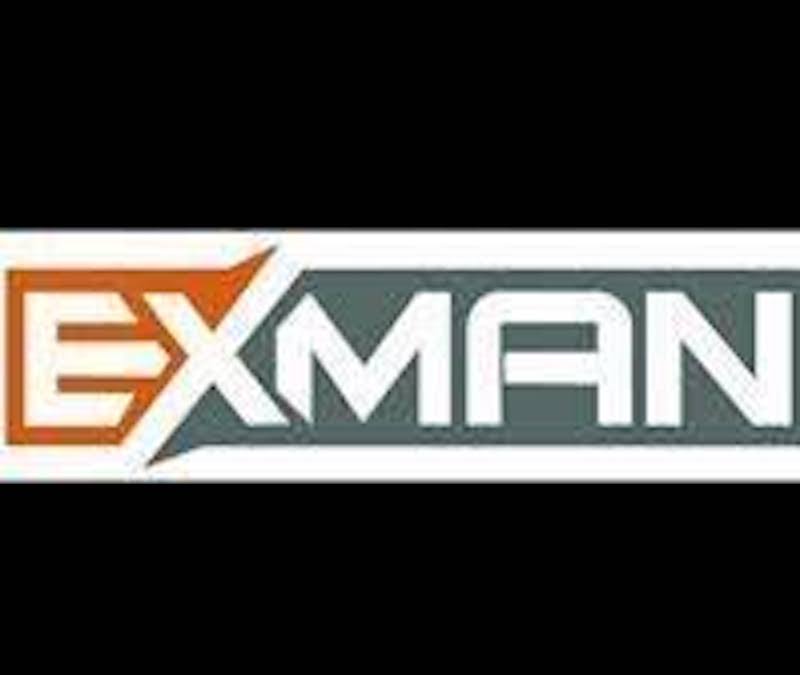By Joseph Ekeng
Nigeria’s e-commerce sector has witnessed remarkable growth in recent years, establishing itself as the fastest-growing commerce segment in the country. The convergence of technological advancements and the emergence of online payment platforms have paved the way for Nigerians to actively participate in digital commerce, propelling the industry’s upward trajectory.
Statista projects that Nigeria’s e-commerce sector will reach a peak of $9.02 billion in 2023, with an annual growth rate of 11.74 percent. This growth is expected to result in a projected market volume of $14.06 billion by 2027, indicating a tremendous opportunity for businesses in the country.
Despite encountering challenges such as inadequate infrastructure, payment infrastructure, and a lack of trust in online transactions, the industry has remarkably thrived, defying obstacles to its expansion.
Yuliy Shenfeld, Director of African Operations at Jiji Africa, emphasizes the significance of the e-commerce industry in Nigeria’s economic development. He states, “E-commerce has the potential to play a significant role in the development of the Nigerian market by offering increased accessibility for business owners and job creation in areas such as software development, marketing, logistics, and customer service. It is a major growth driver that would improve the competitiveness of the Nigerian market on the global stage.”
Shenfeld highlights five notable trends shaping Nigeria’s e-commerce sector in 2023:
- Increased Adoption of Mobile Technology
The rise of smartphones and other mobile devices has led to a surge in Nigerians using their devices for online purchases. According to the National Communication Commission (NCC), 89% of internet users in Nigeria already engage in online shopping, with an additional 24% planning to do so in the near future.
- Growing Interest in Online Payments
Nigerians’ trust in online payment platforms is steadily increasing, facilitating seamless digital transactions. This trend continues in 2023, as consumers become more comfortable with digital payments and embrace online payment options.
- Emergence of Social Media Commerce
The global social commerce market, set to reach a staggering $604.5 billion by 2027, is gaining traction in Nigeria as well. Social media platforms attract a vast audience and high levels of engagement, making them a convenient avenue for consumers to discover and purchase products.
- Focus on Customer Experience
E-commerce companies are prioritizing the delivery of seamless and personalized customer experiences, from browsing to delivery and beyond. This trend continues in 2023 as companies strive to differentiate themselves from competitors and foster customer loyalty.
- Peer-to-Peer Commerce
Peer-to-peer commerce is becoming increasingly prevalent in Nigeria’s e-commerce space, enabling direct connections between buyers and sellers. Platforms like Jiji allow individuals to convert unwanted or used items into cash by selling directly to interested buyers. This avenue provides customers with an easy way to raise funds for various purposes, including projects, businesses, education, or personal expenses.
In conclusion, the Nigerian e-commerce industry is poised for continued growth in 2023, fueled by these transformative trends. As the industry evolves and plays an increasingly important role in Nigeria’s market expansion, the numbers are sure to reflect the positive impact of these developments.
.







Comment
No comments found.